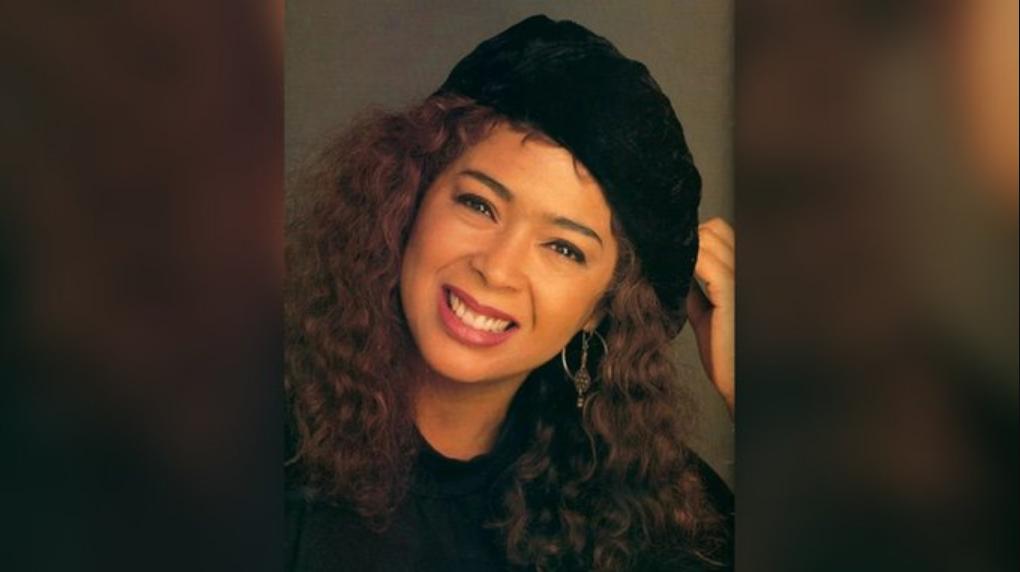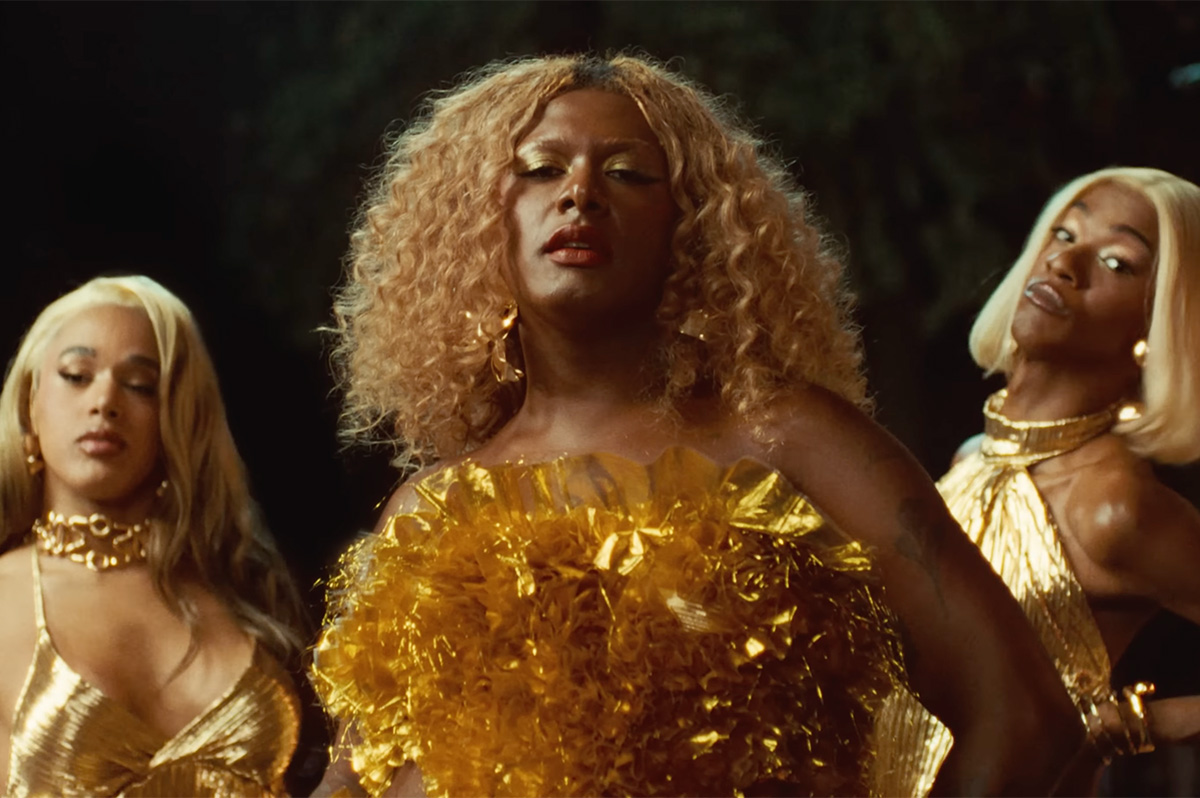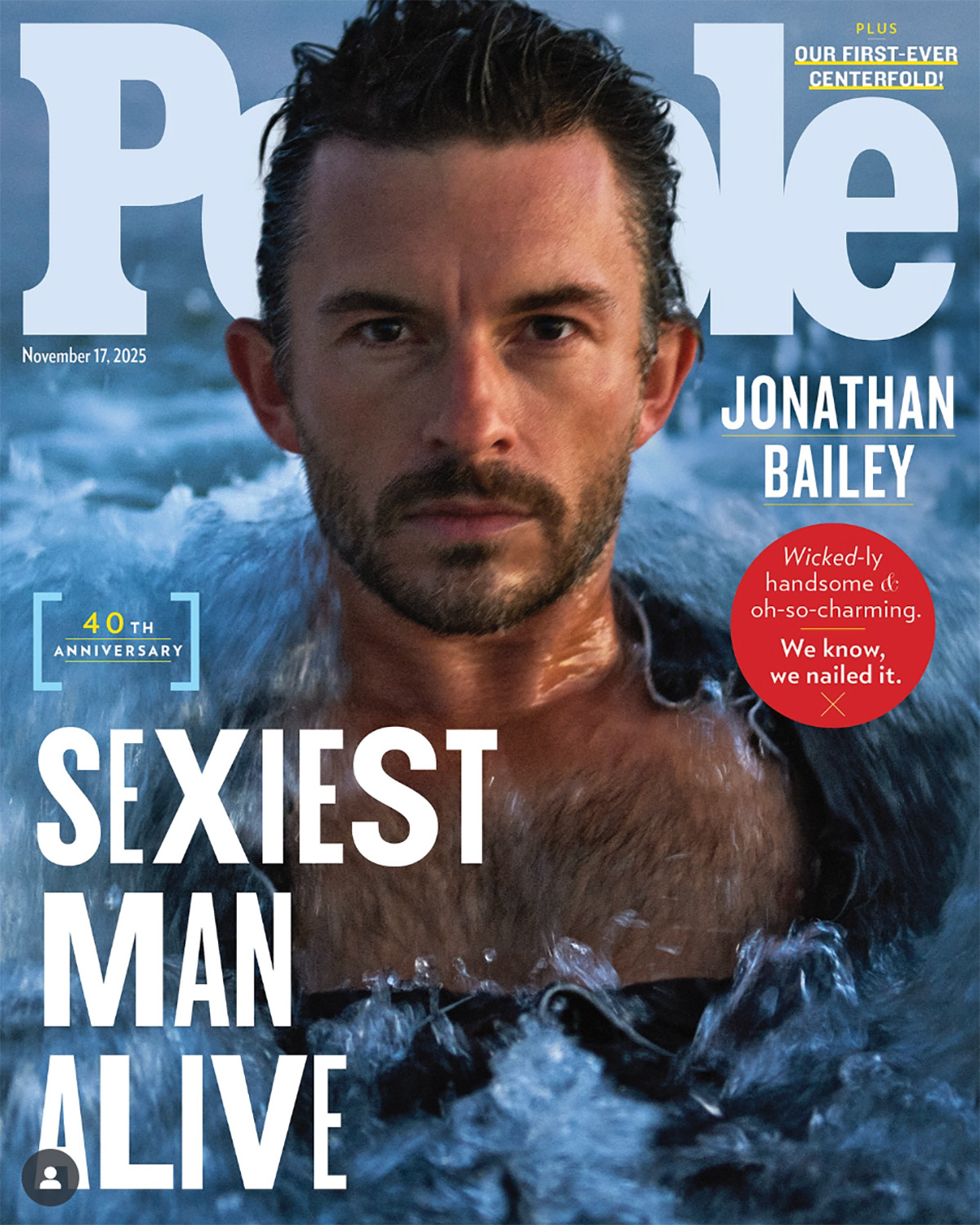Celebrity News
The death of Irene Cara and the broken promise
Singer inspired a generation of gay men

As I walked down the dark alley towards the glowing light, the opening bridge of the song called to me. “Baby, look at me and tell me what you see, You ain’t seen the best of me yet, Give me time, I’ll make you forget all the rest, I got more in me…”
The movie “Fame” had just come out and its anthem theme song was HOT. The glowing light that night was a gay disco, tucked away from heterosexual view, while gay bashers circled in trucks a few blocks away. That safe haven in the dark alley allowed me, a 20-year old youth, a path out of the closet in which I emotionally and sexually had residence. To me, the words of the song “Fame,” and its overwhelming delivery, was my inner drive and conviction that I could be me, and my own personal superstar.
The young woman delivering the song was barely an adult herself. Irene Cara had been a child performer and was now breaking into the fame she was singing about. She was “instantly” famous thanks to “Fame.” Amongst other accolades, she was nominated for a Best New Artist Grammy. The song itself won the Oscar that year.
The Grammy nomination put a public trapping on what we all knew: She was a star, and had all the makings to become a superstar, an icon.
For LGBTQ people, her work that year spoke to our souls and our optimism. As “Randy 503” shared on the Joe.My.God site, “I was a deeply closeted and lonely kid in my early 20s. Not lonely because I didn’t have friends (had tons of them,) but lonely because I refused to admit I was gay and kept away from all that. I saw the movie and was transfixed. Bought the album and played it all the time, especially her songs. Her voice was so strong, and so expressive, it really touched me.”
Cara’s second song in the movie also resonated with the gay audience. While “Fame” spoke to the sassy optimism of embracing our outstanding selves and taking the world by storm, “Out Here On My Own” spoke to the dark loneliness of the closet. “Sometimes I wonder where I’ve been, who I am, do I fit in … when I’m down and feeling blue, I close my eyes so I can be strong and be with you … I dry the tears I’ve never shown, Out here on my own.”
Randy points out, “Out here on my own always left me in tears. It hit so close to home, and I could feel sadness on it. It’s a great song sung by one of the best.”
After the success of “Fame,” Cara ventured into a sitcom pilot and a freshman album, “Anyone Can See.” Neither caught the world on fire, as apparently only some of us could actually “see” her real worth.
It was not long after however, where Cara’s apparent life mission to deliver culture changing anthems, came calling again. She was recruited to help out with the new “Flashdance” movie, and to work with iconic gay producer Giorgio Moroder for its theme song. Cara was reportedly reluctant. She had already been criticized as a second tier Donna Summer with “Fame,” and was hesitant to get into that musical lane. Later she would work with John Farrar whom she credited as being responsible for ALL of Olivia Newton John’s hits. It seems that her superstar aspirations were more to be Pop Princess than another Queen of Disco.
She did sign on board with Moroder and “Flashdance,” and made history. Her song “Flashdance… What a Feeling” went to #1 for six straight weeks. It affected American culture in style, attitude and substance. On Academy Awards night, Cara made history again. (She had already made history in a minor way a few years before as the first person to ever perform two nominated songs in one evening.) This time, she became the second African American woman to win an Oscar – the first being “Gone With the Wind”’s Hattie McDaniels.
Cara was the first African American woman to ever win a non-acting Oscar ever.
The anthem “Flashdance…What a Feeling” spoke to LGBTQ audiences of the 80s, in a way that “Fame” had. “First when there’s nothing but a slow glowing dream that your fear seems to hide deep inside your mind. All alone, I have cried silent tears full of pride in a world made of steel, made of stone, Well, I hear the music, close my eyes, feel the rhythm wrap around, take hold of my heart. What a feeling, being is believing I can have it all..”
Online, Joe.My.God reader BearlvrFl shared, “LUV the song “Out Here On My Own” I call ‘Flashdance: What A Feeling’ my coming out song, popular on the dance floor very close to the time I finally came out at the age of 22. I could relate to “Take your passion/And make it happen.” Super simple lyric, but it’s timing was everything for me, having been closeted for so long.”
This time, AIDS had brought a very dark cloud over the community, however. Its ravage was starting to take widespread hold. It made the line in the song “now I’m dancing for my life” even more poignant and relevant.
The darkness that was falling over the LGBT world was on a parallel track in Cara’s own life. As she picked up Oscars and Grammys, there was a sadness in her eyes above the smile on her face. She shared later that the public glory was matched with a behind-the-scenes horror story. Her record company was keeping her from garnering any success from her accomplishments. Columnist Liz Smith stated in a 1993 piece that Cara earned only $183 in royalties.
Cara inspired women of her generation. Patti Piatt shared on Twitter, “I am from a generation of women who thought anything was possible because of Irene Cara. She gave us so much joy. We all danced to her songs, didn’t matter if we could dance, we danced because she made us want to dance.”
In spite of singing THE anthem of women empowerment, Cara became an example of a woman destroyed by the male dominated music industry. As she fought back for earnings due her, she became black-listed, and her trek to superstardom halted. They made her all but disappear. A decade later, she won, but by that time, the damage had been done.
Her final solo album subconsciously called out her professional demise with songs titled “Now That It’s Over,” “Get a Grip” and the ultimate defeatist title “Say Goodnight Irene.”
“I know well enough this is going nowhere … Might as well say goodnight, Say Goodnight, Irene.”
In the end, she seemed to find peace. Her final professional projects were gifts to other women musicians of color. She comfortably settled into what she called “semi-retirement” and her Florida home with a steady stream of funds from her hard-earned residuals.
The promise of becoming a superstar eluded her, but she busted the ceiling so it might not elude others. Painfully for fans, the promise from the song “Fame,” “I’m gonna live forever” also did not come true.
Let’s instead, think of her making “it to heaven” and lighting “up the sky like a flame.”
For those trying to find final meaning from her life, and the un-fulfilled promise of what could have been for her and for us, may do so in the words from her lesser-known anthem. Here we swap out a promise instead for “The Dream”:
“We can all be free, we hold the key, if we can see what we want to be. Life is never easy, you get no guarantees, why not give your all and see what you can find?”
And, yes.
Irene Cara, we will always remember your name.
“The Dream”
*************************

Rob Watson is the host of the popular Hollywood-based radio/podcast show RATED LGBT RADIO.
He is an established LGBTQ columnist and blogger having written for many top online publications including Parents Magazine, the Huffington Post, LGBTQ Nation, Gay Star News, the New Civil Rights Movement, and more.
He served as Executive Editor for The Good Man Project, has appeared on MSNBC and been quoted in Business Week and Forbes Magazine.
He is CEO of Watson Writes, a marketing communications agency, and can be reached at [email protected] .

Rob Reiner, most known for directing untouchable classics like “The Princess Bride,” “Misery,” “When Harry Met Sally…,” and “Stand by Me,” died Dec. 14 alongside his wife, Michele Singer Reiner, in their Los Angeles residence. While investigations are actively underway, sources have told PEOPLE Magazine that the pair’s son, Nick Reiner, killed his parents and has been taken into custody.
Reiner was a master of every genre, from the romantic comedy to the psychological thriller to the coming-of-age buddy movie. But in addition to his renowned work that made him a household name, Reiner is also remembered as a true advocate for the LGBTQ community. In 2009, Reiner and his wife co-founded the American Foundation for Equal Rights, helping fight against California’s Prop 8 same-sex marriage ban. They were honored at the 2015 Human Rights Campaign Las Vegas Gala.
In a statement, HRC President Kelley Robinson said: “The entire HRC family is devastated by the loss of Rob and Michele Reiner. Rob is nothing short of a legend — his television shows and films are a part of our American history and will continue to bring joy to millions of people across the world. Yet for all his accomplishments in Hollywood, Rob and Michele will most be remembered for their gigantic hearts, and their fierce support for the causes they believed in — including LGBTQ+ equality. So many in our movement remember how Rob and Michele organized their peers, brought strategists and lawyers together, and helped power landmark Supreme Court decisions that made marriage equality the law of the land — and they remained committed to the cause until their final days. The world is a darker place this morning without Rob and Michele — may they rest in power.”
Reiner’s frequent collaborators have also spoken out as the industry is in mourning, including figures like Ron Howard and John Cusack.
A joint statement from Jamie Lee Curtis and Christopher Guest (who starred in Reiner’s “This is Spinal Tap”) reads: “Christopher and I are numb and sad and shocked about the violent, tragic deaths of our dear friends Rob and Michele Singer Reiner and our ONLY focus and care right now is for their children and immediate families and we will offer all support possible to help them. There will be plenty of time later to discuss the creative lives we shared and the great political and social impact they both had on the entertainment industry, early childhood development, the fight for gay marriage, and their global care for a world in crisis. We have lost great friends. Please give us time to grieve.”
While attending the 2019 HRC Los Angeles Dinner, Reiner spoke out about the need for equality: “We have to move past singling out transgender, LGBTQ, black, white, Jewish, Muslim, Latino. We have to get way past that and start accepting the idea that we’re all human beings. We’re all human beings, we all share the same planet, and we should all have the same rights, period. It’s no more complicated than that.”
Brazil
Black transgender singer from Brazil wins three Latin Grammy Awards
Liniker performed at Las Vegas ceremony

A Black transgender singer and songwriter from Brazil on Nov. 13 won three Latin Grammy Awards.
Liniker, who is from Araraquara, a city in São Paulo State, won for Best Portuguese Language Song for her song “Veludo Marrom,” Best Portuguese-Language Urban Performance for her song “Caju” from her sophomore album of the same title, and Best Portuguese Language Contemporary Pop Album for “Caju.”
She accepted the awards during the Latin Grammy Awards ceremony that took place in Las Vegas. Liniker also performed.
“I’ve been writing since I was 16. And writing, and poetry, have been my greatest form of existence. It’s where I find myself; where I celebrate so many things I experience,” said Liniker as she accepted her first Latin Grammy on Nov. 13. “And being a composer … Being a trans composer in Brazil — a country that kills us — is extremely difficult.”
Liniker in 2022 became the first openly trans woman to win a Latin Grammy.
Celebrity News
Jonathan Bailey is People’s first openly gay ‘Sexiest Man Alive’
‘It’s a huge honor. And it’s completely absurd.’

Actor Jonathan Bailey made history Monday after he was named People magazine’s first openly gay “Sexiest Man Alive.”
Bailey is known for his starring role in “Wicked,” as well as well-received turns in “Bridgerton” and “Fellow Travelers,” for which he was nominated for an Emmy. He returns to the big screen on Nov. 21 in the “Wicked: For Good” sequel.
Bailey announced the news on the Nov. 3 “Tonight Show” with Jimmy Fallon.
“It’s the honor of a lifetime,” Bailey, 37, said. “I want to say, Jimmy, thank you so much for turning it down so that I could be here.”
Bailey told People, “It’s a huge honor. Obviously I’m incredibly flattered. And it’s completely absurd. It’s been a secret, so I’m quite excited for some friends and family to find out.”
People launched its popular “Sexiest Man Alive” issue in 1985 with inaugural winner Mel Gibson. Last year’s winner was actor John Krasinski.
Bailey came out publicly in 2018 and founded a nonprofit, Shameless Fund, which raises money for LGBTQ organizations and issues.
-

 District of Columbia5 days ago
District of Columbia5 days agoCapital Pride board member resigns, alleges failure to address ‘sexual misconduct’
-

 India4 days ago
India4 days agoActivists push for better counting of transgender Indians in 2026 Census
-

 Advice4 days ago
Advice4 days agoDry January has isolated me from my friends
-

 District of Columbia4 days ago
District of Columbia4 days agoCapital Pride reveals 2026 theme















